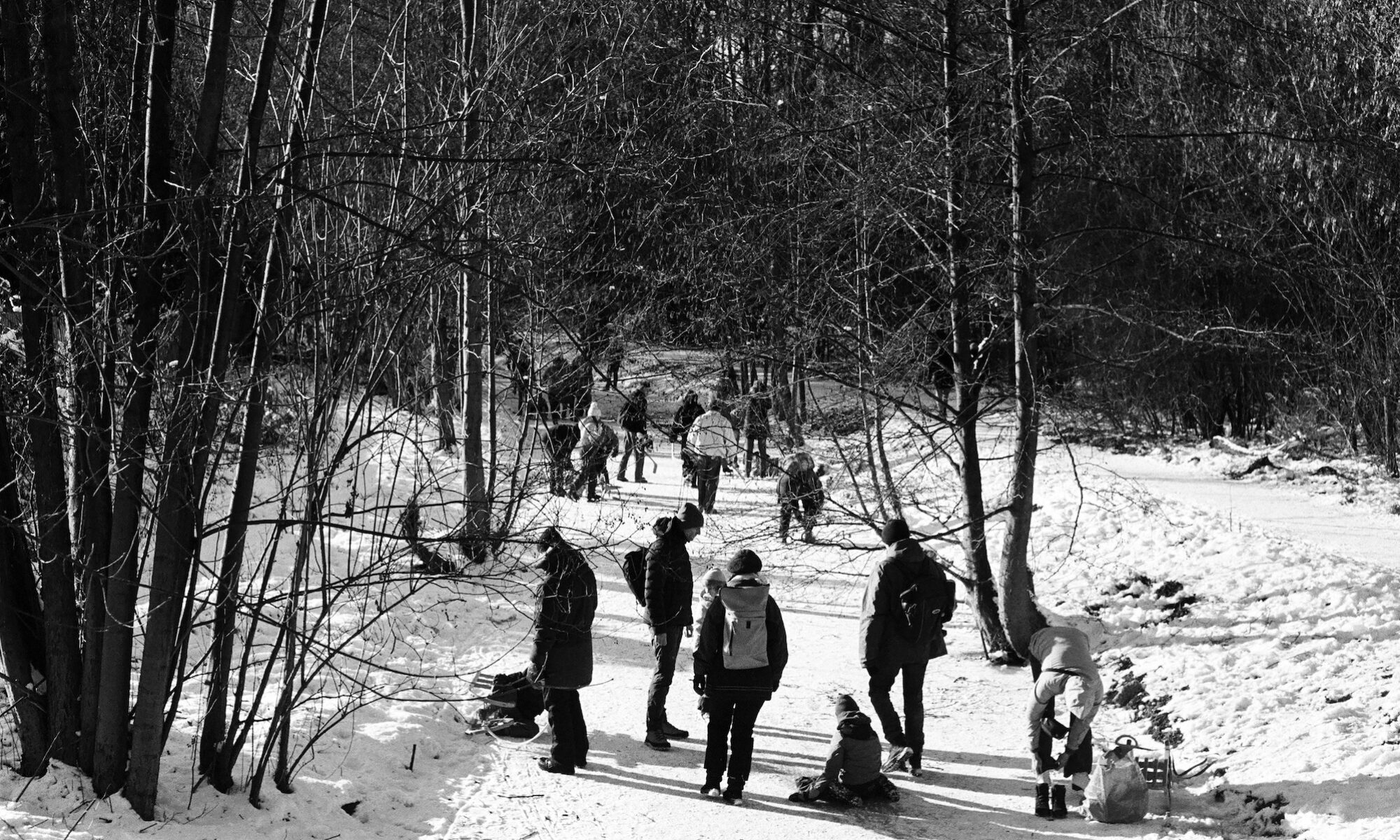[Note: this is part of our annual Guest Writer Series. Meet guest writer #4.]
I’m honored to be asked to write for this blog as I have found it to be an open and curious place to meet others not always like myself. One of the things I appreciate most is the ability to pose questions that do not have a fast or definitive answer and so that is where I’m headed today. In the role I play in my “day job,” I’ve encountered a growing trend of what many call “anxiety.”
In technical terms anxiety is classified as both a trait and a state. A trait, a part of an individual’s personality that provides nuances to how one perceives and responds to events in their lives, i.e. “I am a nervous or anxious person.” A state, a temporary condition that will soon fade and return to equilibrium, i.e. “I am feeling nervous about this.”
Because of these two aspects of anxiety, it seems popular in culture to refer to someone as either being anxious or having anxiety. However, what I find in most people I speak to about this is that it is more likely something very common in all humans — which is a state of anticipation or rather an intolerance for uncertainty.
We now live in a world where most things can be learned or received rather quickly, and so we do not have as much of a need for the time that it takes for a feeling to amp up and then slowly return to baseline. In the brain studies have shown this takes about 20 minutes. I’m finding through scrolling through social media and in public forums most people consider their thoughts surrounding uncertainty or “what if’s” cause for concern that they might “have anxiety” as if it is a condition to be treated and extinguished rather than a trait and state to be considered. Once considered, one can decide which tools to use to help regulate the system back to baseline.
Sometimes the best tool to be used is to see if there are other feelings tied to what is being lumped into the word anxiety. Sometimes it is worry, avoidance, dread, or vulnerability, and even more often it can be excitement or anticipation. Sometimes I will have people move their body (bilateral stimulation, aka something that uses both sides of their body like walking, yoga, bike riding etc.) and they find that the anxiety dissipates. So sometimes anxiety can even be unused energy.
Another aspect that is often looped into anxiety is the concept of fear. Fear seems to be the catalyst towards many of a reactionary social media post or tweet.
Fear is a negative, short lasting, high alert emotion in response to a perceived threat and like anxiety it can also be measured as a state or trait. (Brene Brown Atlas of the Heart 2022)
Experiencing fear is visceral and immediate in the body. Increased heart rate, dilation of the eyes, rapid breathing, and extremities tingling (from the blood rushing from your limbs to the body’s core). Many who describe fear believe that to be anxiety. Experiencing fear has great qualities for our survival. Many times these responses are what keep us alive and thriving! “Boy that river is running awfully swift, maybe we should cross elsewhere” — or “the milk doesn’t smell — right maybe I should pour it out.” Fear can help us in making us pause and consider rather than rushing in unaware.
In both anxiety and fear it seems the best action we can take is to lean in with curiosity what it is we are actually feeling, then stay curious about “the why” behind “the what.” For instance, check my surroundings and ask: is anything around me that would cause me harm? Is this a visceral response to my physical environment? Is what I’m experiencing just mere uncertainty? Is it because this person, event, or choice is unfamiliar to me? Does this thing make me question something I had previously felt certain about? Is there something I can learn from this? How can this make me grow to be a better version of myself?
Just as with everything in the universe there is a sun and a shadow side. We have to remember how these gifts from our human body are meant to help and not hinder our growth and wellbeing. As long as we remember when their use is necessary and when their use is not, both fear and anxiety can serve us well and may not need the elimination or immediate extinction that popular culture demands.
It is my hope in this post that the next time you feel something resembling something akin to anxiety or fear, you’ll stop to consider instead of race to erase.
Respectfully…
NHS
